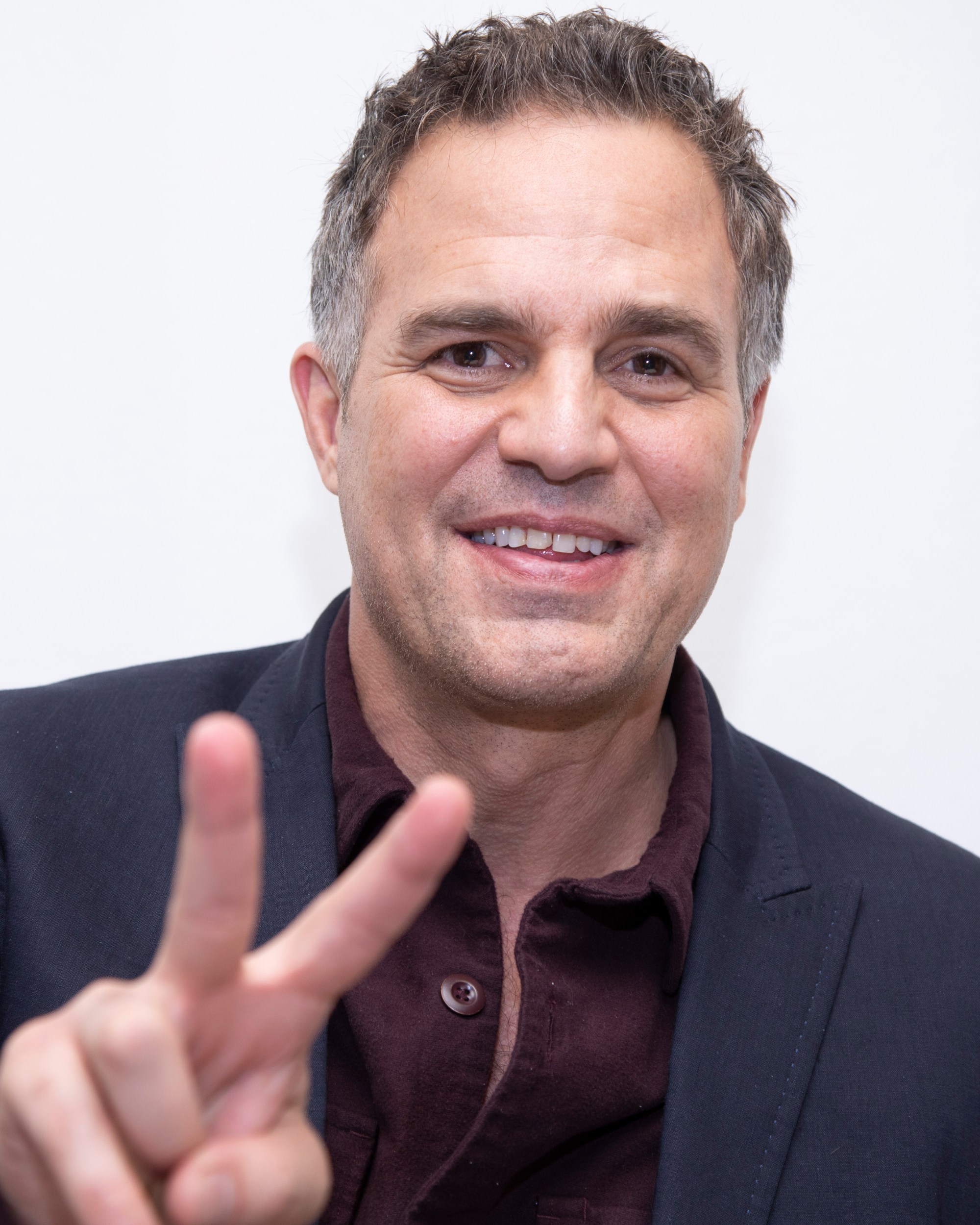
- Interviews
HFPA in Conversation: Mark Ruffalo, Actor, Filmmaker and Humanitarian
Besides being an actor and filmmaker tree time Golden Globe nominee Mark Ruffalo is a humanitarian, environmentalist and activist. All those interests come together in his latest movie, Dark Waters, in which he portrays a lawyer who takes on the giant Dupont when he discovers that their chemical waste is poisoning waters around their factories. “I read the New York Times article and I thought this could make a really powerful movie and it could bring together the activism work and the environmental work that I’ve been doing for a long time with my film work. Which I have been craving to do and I like to do but I’ve always had to wait for that to come to me,” Ruffalo tells HFPA journalist Sam Asi.
His character is not only fighting against one corporation but the entire system. “I would say the system is actually in servitude of corporate power. We keep seeing the same issue again and again and it is systemic. It is a systemic issue and when you put all the importance on economic growth or you measure society purely by economics then the first thing to go out the window is going to be the health of the people and that is what has happened.”
But how did he become aware that acting and activism can go hand in hand? “It really came from Stella Adler, in my years there and listening to her and studying the history of the Yiddish theater and the Group Theater and the Talmudic approach to life. It’s an instruction to us about how we should live our life. These are the questions that religion should be dealing with not like how we live our lives in judgment or politics or those things but how as a human being we should operate towards each other.”
It is important for him that his profession can have a deeper meaning. “The thing about movies is that if you’re not being overtly political you can transcend a lot of ideological thinking and really unite people in ways that you can’t do in any other media form, besides maybe music. Those are the discussions I want to have and I want to do it in a way that is gentle and lets people come to it where they are at and appeals to them on their sense of humanity, not from a political angle but more our sense of commonality, not what divides us.”
Listen to the podcast and hear how his activism affects his family; why an undercover FBI agent was marching with him and other activists in Charlottesville and why he wrote emails to his kids before that march; how his upbringing influenced his activism; why he was jealous that he wasn’t gay; how he met Kenneth Lonergan and how that changed his career; what kept him going before he made it and why he couldn’t quit; what was his reaction when his face was paralyzed; how he felt when he lost his brother; why he started to hate Hollywood; how he remembers the time at Sundance with his directorial debut Sympathy for Delicious